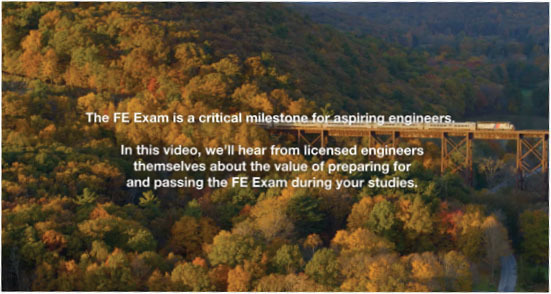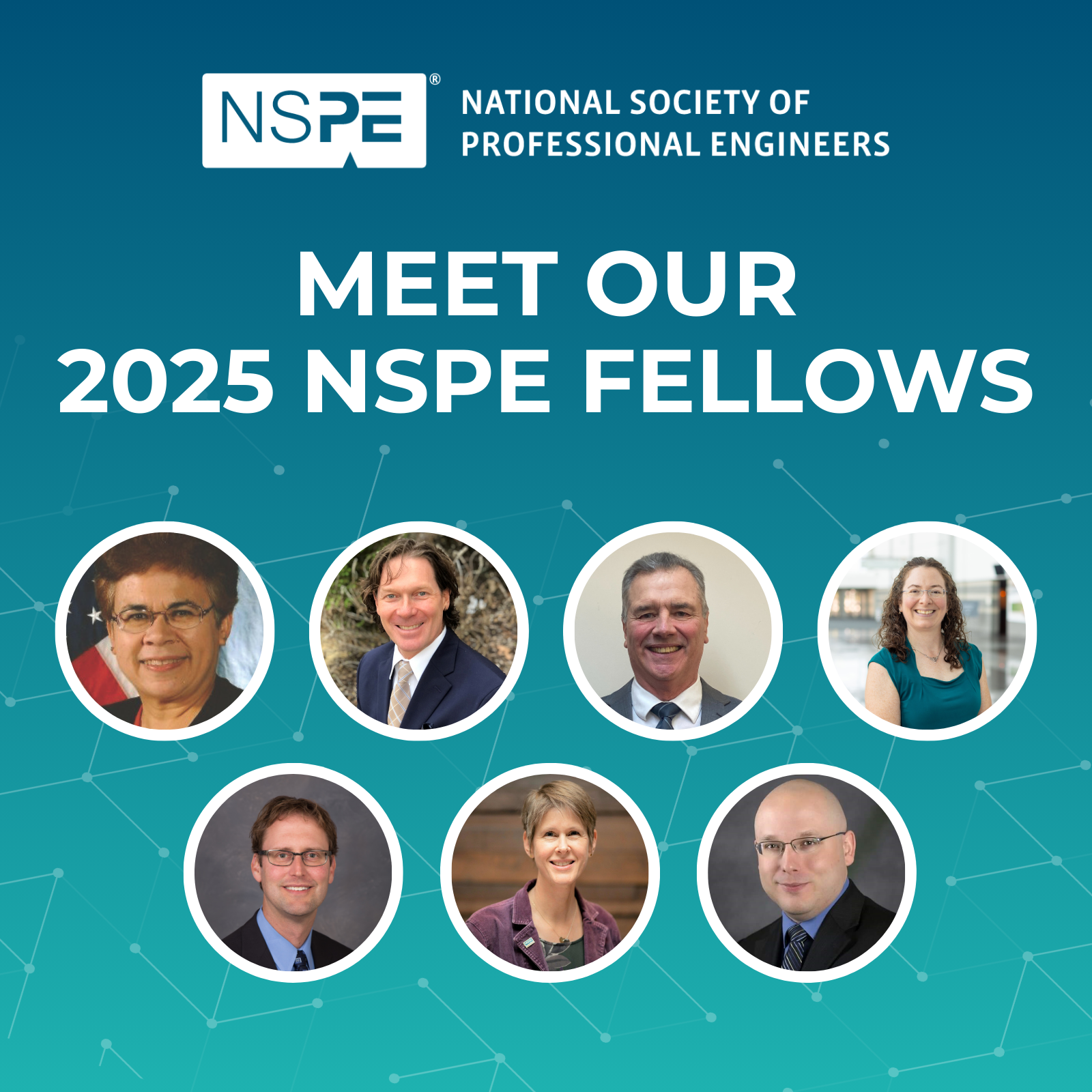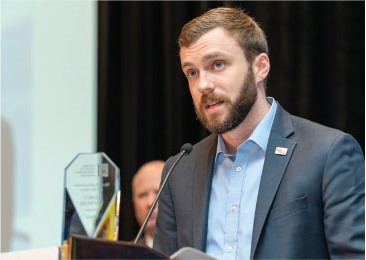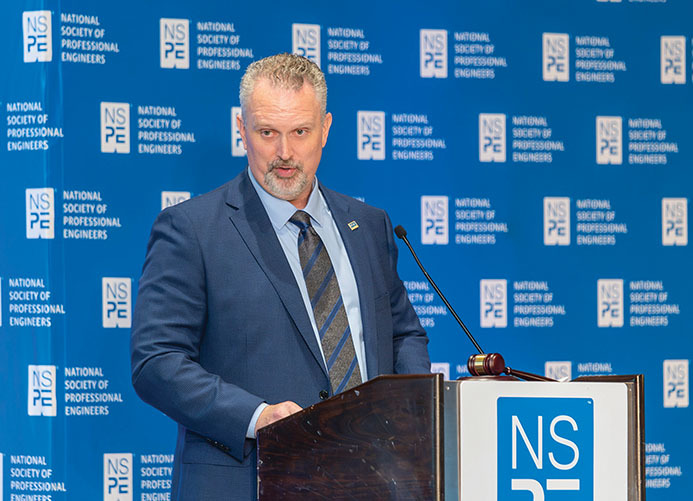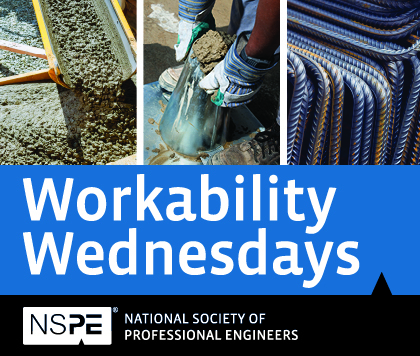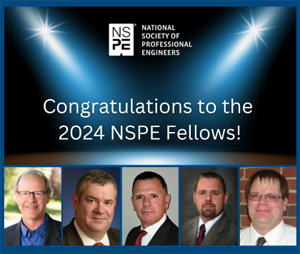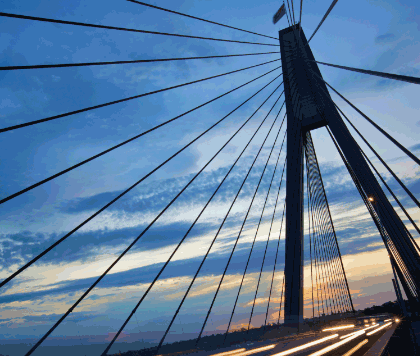January/February 2019
NSPE Today
NSPE Discourages Proposed EPA Licensing Exemption
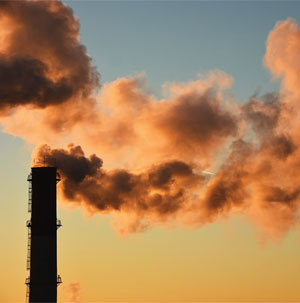 NSPE raised objections in December to the proposed elimination of a federal requirement for a PE to review and seal modifications to the systems that capture and route emissions in the oil and gas industry.
NSPE raised objections in December to the proposed elimination of a federal requirement for a PE to review and seal modifications to the systems that capture and route emissions in the oil and gas industry.
The objections were outlined in a public comment to the Environmental Protection Agency, which is reconsidering emission standards for the oil and natural gas sector.
NSPE’s comments come after the National Transportation Safety Board called attention to PE license exemptions as part of its investigation into the September natural gas pipeline explosions in Merrick Valley, Massachusetts. NTSB, after meeting with NSPE, recommended that the state of Massachusetts require PEs to review and approve construction and modification documents for public utility services. NSPE has long advocated for the end of licensing exemptions in cases where the practice of engineering could impact the public health, safety, and welfare.
According to NSPE’s comments to the EPA, the failure of a closed vent system in the oil or natural gas industry could lead to leaks that pollute the air, or increase the risks of explosions.
The reason for the EPA’s proposal to eliminate the requirement, says NSPE, is industry concerns about the availability of PEs, and in particular, PEs who are willing to review and sign design and modification plans for closed vent systems they were not involved in creating. To combat this, the Society recommends that those in the industry who expressed these concerns instead employ full-time professional engineers who would be involved throughout the design process.
According to a report from the Environmental Integrity Project (a nonprofit founded by former EPA attorneys), more than 42,000 tons of sulfur dioxide was released into the air between 2009 and 2011 as a result of “emission events” at oil, natural gas, and chemical plants. That is in addition to controlled emissions that occurred during normal operations. If design and build standards are relaxed, as the EPA is proposing, that number would likely increase. In its own filing regarding these reconsiderations, the EPA acknowledged that the proposed changes would result in increased air pollution that would “adversely affect health and welfare….”
Instead, NSPE is urging the EPA to support the high standards set for PEs and hold fast to its purpose of protecting the environment and the safety and welfare of the public.


 Volunteering at NSPE is a great opportunity to grow your professional network and connect with other leaders in the field.
Volunteering at NSPE is a great opportunity to grow your professional network and connect with other leaders in the field. The National Society of Professional Engineers (NSPE) encourages you to explore the resources to cast your vote on election day:
The National Society of Professional Engineers (NSPE) encourages you to explore the resources to cast your vote on election day:
